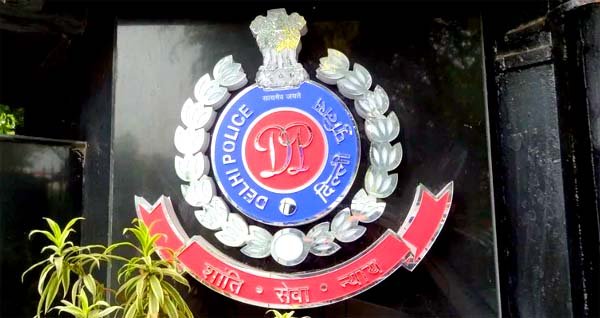Brussels/New Delhi, June 10 (UNI) External Affairs Minister S Jaishankar has said India has a conflict with terrorism, and not with any particular country, and if terrorists attack India, New Delhi will hunt them down wherever they are, including in Pakistan.
In an interview with renowned French newspaper Li Figaro in Brussels, EAM asked about the current situation in Kashmir, and should the world fear continued military action between India and Pakistan, said:
“This is about terrorism. It has become an India–Pakistan issue because Pakistan harbors and supports terrorists (from Lashkar-e-Taiba). The conflict is between India and terrorism, not with a specific country. The most recent attack took place in Jammu and Kashmir (on April 22), but others have occurred elsewhere, like the 2008 Mumbai attacks. This is not a dispute with Pakistan over Kashmir—we simply have zero tolerance for terrorism. And if terrorists attack India, we will hunt them down wherever they are, including in Pakistan.”
Asked if India feels supported by its allies, he said, with reference to Operation Sindoor, “there was widespread international understanding of our response to that attack. The UN Security Council called for accountability and justice. That is exactly what we pursued on May 7 by striking terrorist bases.”
To a question on China’s support for Pakistan, Jaishankar said the two nations have had close ties for decades. ”But on an issue like terrorism, you cannot afford ambiguity or double standards. In the end, it’s a problem that concerns all of us.”
Asked if India sees China’s behavior in the Indo-Pacific as a threat, Jaishankar said India and China are neighbours.
“Above all, we are neighbours. We are two ancient civilizations that still exist today as nation-states. We also both have populations exceeding a billion. The fact is, both our powers are rising quickly, so finding balance is a complex process.
“Moreover, we have an unresolved border dispute in the Himalayas, which makes it a crucial parameter for our national security. And since our two countries wield large influence in the Indo-Pacific region, it’s not just a bilateral matter.”
Asked if he foresees an improvement in relations with Beijing, EAM said:
“Clearly, our relations have gone through a difficult period since the 2020 military clash in the Himalayas. Many of our exchanges were suspended. The key question for us is: how do we ensure peace and stability in the border areas? Without that, everything else is affected. I believe both sides think relations can improve step by step. We’ve discussed some measures, and others are under consideration—like the resumption of direct flights, suspended since Covid.”











